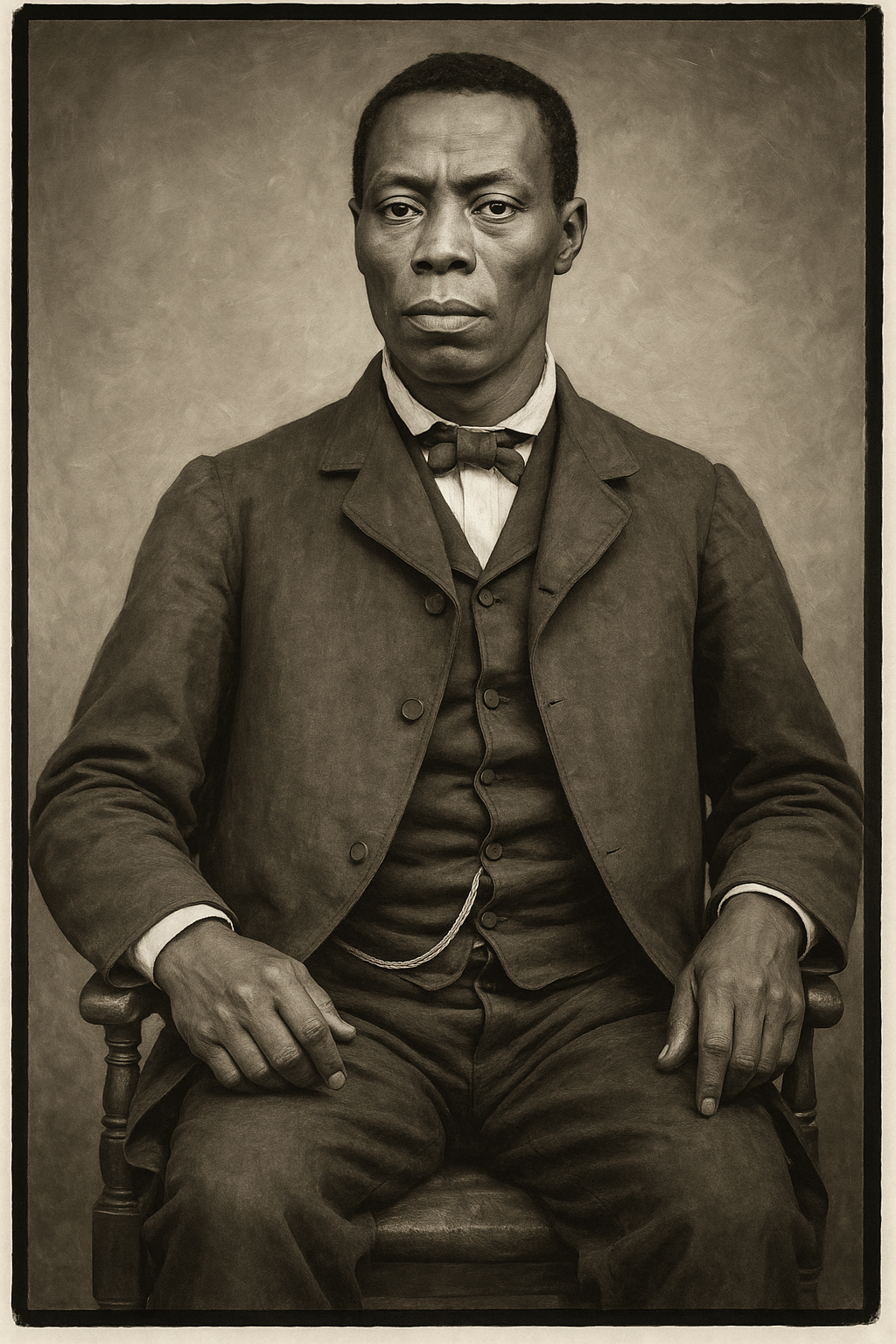Notifications
We use cookies to personalise site content, social media features and to analyse our traffic. We also share information about your use of this site with our advertising and social media partners.

4 minutes, 26 seconds
-1.6K Views 0 Comments 0 Likes 0 Reviews

Amidst the breadth of African American history, the practice of digging deep brings to light an array of monumental individuals who paved the way in a society that placed numerous obstacles in their path. Among these towering figures stands Thomas L. Jennings, the first African American to receive a patent in the United States. His encouraging tale of creativity, determination, and revolution in the face of adversity remains an indispensable part of the American narrative. Born in 1791, Thomas L. Jennings was far from a ordinary citizen. In an era when Black people in America were enslaved or severely restricted, Jennings managed to carve his own destiny as a free man in New York. He was not just a free man, but an entrepreneur and skilled tradesman, who established himself in the tailoring industry and owned a dry-cleaning business, during a time when such accomplishments by African Americans were far from commonplace. Jennings was particularly renowned for his expertise in cleaning delicate fabrics which often got ruined via conventional cleaning methods.
To address this issue, he developed a method called "dry scouring". The process was so effective and innovative that the United States granted him a patent for it in 1821. This achievement made Jennings not just the first African American to receive a patent, but the first to reap commercial gains from his invention—an occurrence that was unheard of due to racism and restrictive laws of the time. Jennings' dry scouring technique was a precursor to today’s modern dry-cleaning process and revolutionized the clothing industry. Remarkably, instead of solely profiting from his groundbreaking innovation, Jennings utilized his newfound wealth to fuel social change. He channelled his earnings to fund abolitionist activities and worked passionately for the cause of equal rights. Jennings, a staunch advocate for abolishing racial segregation in public transportation, played a pivotal role in initiating legal proceedings against racial discrimination.
In fact, his daughter, Elizabeth Jennings Graham, prompted a historic legal case when she refused to leave a “whites-only” carriage in New York City. Her stand and subsequent legal victory, for which Thomas provided financial support, led to the desegregation of all New York City transit systems by 1865. Beyond his laundry industry transformation and immense contributions to the fight against racial segregation, Jennings served his community in numerous ways. As the founder of Abyssinian Baptist Church and a founding member of the Legal Rights Association, he worked ceaselessly to support African American civil rights and communal growth. Thomas L. Jennings led a extraordinary life that stretched boundaries and shattered glass ceilings. His proactive efforts, resilience, and successful fight against inequality are as inspirational as they are timeless.
Today, he is remembered as a successful entrepreneur and dedicated civil rights activist whose work and legacy are etched in the annals of American history. His life teaches the lesson that innovation isn't merely about creating new technology or services but about using these developments to spark social justice and change. As we look back at the path Jennings carved, his legacy challenges us all to ponder on the pivotal role innovation can play across societal landscapes in paving the way for greater equality and inclusivity.

At our community we believe in the power of connections. Our platform is more than just a social networking site; it's a vibrant community where individuals from diverse backgrounds come together to share, connect, and thrive.
We are dedicated to fostering creativity, building strong communities, and raising awareness on a global scale.
Share this page with your family and friends.